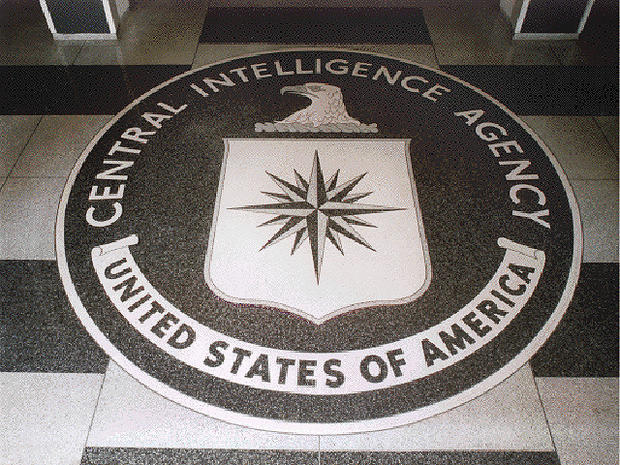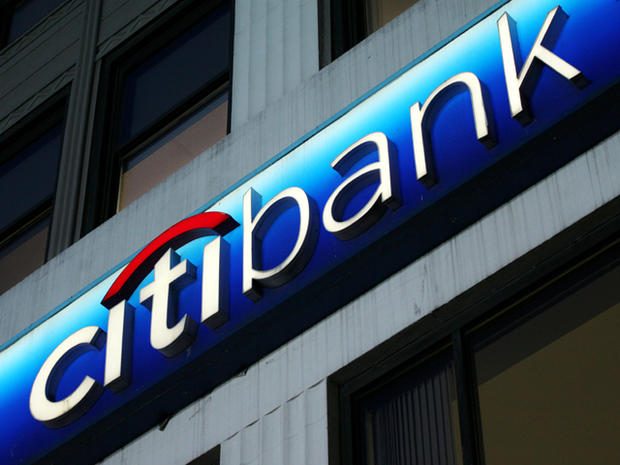7 scary computer hacks
The hacking group LulzSec claimed to be responsible for several cyber attacks, including the one that took down the Central Intelligence Agency's website for several hours in the spring of 2011. No major damage was reported, but the breach raised concerns about the security of the CIA's sensitive data. A 19-year-old man from the U.K. was arrested in connection with the incident.
Lockheed Martin
Defense contractor Lockheed Martin encountered a cyber attack in the spring of 2011. The Department of Homeland Security and the Pentagon both confirmed the attack. Lockheed Martin stated that the attack was "almost immediately" detected and secured. No employee, customer or program data was compromised, but the incident raised concerns over the nation's security.
U.S. Department of State
In the winter of 2009, the U.S. State Department experienced a large-scale breach in their network security. The Associated Press reported that hackers targeted offices that dealt with China and North Korea. A terrifying side-effect of the attack was that the Bureau of East Asian and Pacific Affairs lost Internet connectivity in the days that preceded the North Korean missile tests.
Sony PlayStation Network
One of the most controversial hacks of all time occurred in the spring of 2011. Sony's PlayStation Network was breached and the account information of over 77 million users was compromised. PSN was shut down for almost a month to ensure the network's security. Even after PSN came back online, Sony continued to have more security breaches - one taking place at Sony Pictures Entertainment.
Citigroup
When Citigroup was hacked in the spring of 2011, they waited weeks before notifying customers about the online security breach. The credit card information of about 200,000 North American accounts were accessed. Hackers were able to see customer names, account numbers and contact information. Social security numbers, birth dates and card security codes were not exposed.
Gmail
The Gmail accounts of several hundred people were hacked in the summer of 2011. The victims included senior military personnel, U.S. government officials and political activists. The attacks were traced to Jinan, China. Foreign Ministry spokesman Hong Lei did not say whether or not they would investigate the incident.
Goldleaf Technologies
In 2006, the servers at Goldleaf Technologies were hacked. The website provider for banks and financial institutions hosted approximately 600 websites at the time. Of those, over 300 banks' homepages were redirected to a phishing site in Madrid that collected log in information. Goldleaf issued a press release responding to a phishing attempt, but none of the compromised banks were named.






